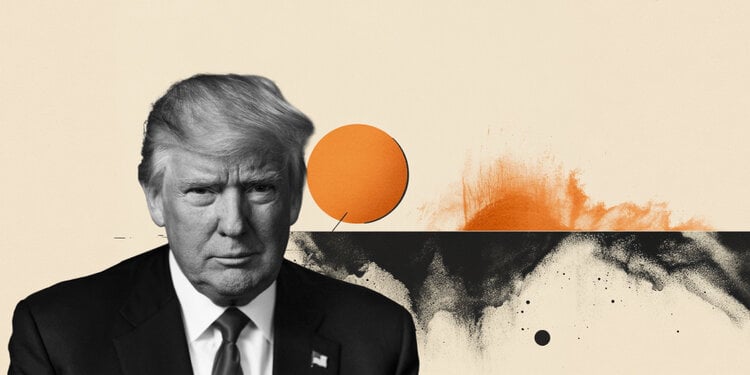US President Joe Biden’s administration is talking to Vietnam about a deal for the biggest arsenal transfer in history between the two former Cold War adversaries, according to two people close to the negotiations, in a move that could irritate China and circumvent Russia.
The package, which could be concluded next year, has the potential to consummate the new partnership between Washington and Hanoi, with the sale of a fleet of North American F-16 fighter jets, at a time when the Southeast Asian nation faces tensions with Beijing in the South China Sea, one of the sources said.
The possible agreement is still in the early stages, with terms yet to be agreed, and may not come to fruition. However, these negotiations were one of the most important topics of meetings between the two countries in Hanoi, New York and Washington last month.
The United States is considering offering special financial conditions for the purchase of the equipment, which could help the Vietnamese leave behind the low-cost Russian weapons they traditionally use, said the other source, who also declined to be identified.
Spokespeople for the White House and Vietnam’s Foreign Ministry did not respond to requests for comment.
“We have a very productive and promising security relationship with the Vietnamese, and we see their interest in some U.S. systems, particularly those that can help them better monitor their maritime domain, perhaps transport aircraft and other platforms,” said the North American authority.
“Part of what we’re doing internally as the U.S. government is being creative about how we can provide better financing options to Vietnam so they can get things that are actually helpful,” he added.
Angry China
A broad military agreement between the two countries could irritate China, Vietnam’s largest neighbor and which is aware of the West’s efforts to isolate it. A long-standing territorial dispute between the Chinese and Vietnamese is gaining traction in the South China Sea and explains why Vietnam wants to strengthen its maritime defense.
“They are developing asymmetric defense capabilities, but they want to do so without provoking a response from China,” said Jeffrey Ordaniel, associate professor of security at Tokyo International University and director of maritime security at the International Pacific Forum think tank. “It’s an unstable balance.”
Ordaniel said Washington could redirect military resources from the Middle East to the Indo-Pacific region, “so that partners like Vietnam, the Philippines and Taiwan can afford the weapons they need to resist China.”
The Biden administration is trying to balance geopolitical competition with China, including in the Pacific, with some responsibility for managing the relationship between the superpowers.
The diplomatic turnaround marks a major shift nearly half a century after the end of the Vietnam War. Since the embargoes were lifted in 2016, exports of US defense materials to the country have been limited to patrol ships and training aircraft, while Russia supplies around 80% of the nation’s arsenal.
Vietnam imports nearly $2 billion a year in weapons, and Washington is optimistic it can take some of that share for the United States and allies, especially South Korea and India.
(Reporting by Trevor Hunnicutt and Nandita Bose; additional reporting by Francesco Guarascio in Hanoi and Mike Stone in Washington)
Source: CNN Brasil
Bruce Belcher is a seasoned author with over 5 years of experience in world news. He writes for online news websites and provides in-depth analysis on the world stock market. Bruce is known for his insightful perspectives and commitment to keeping the public informed.







